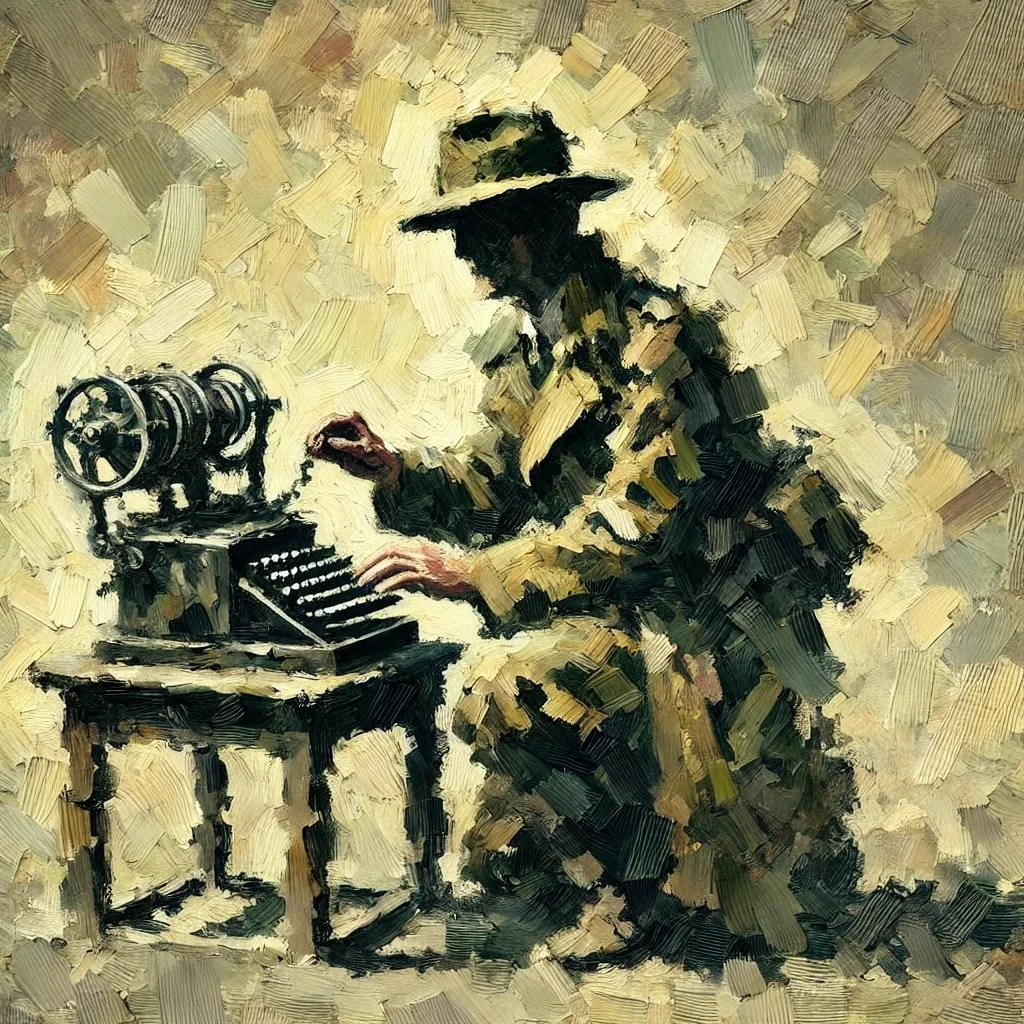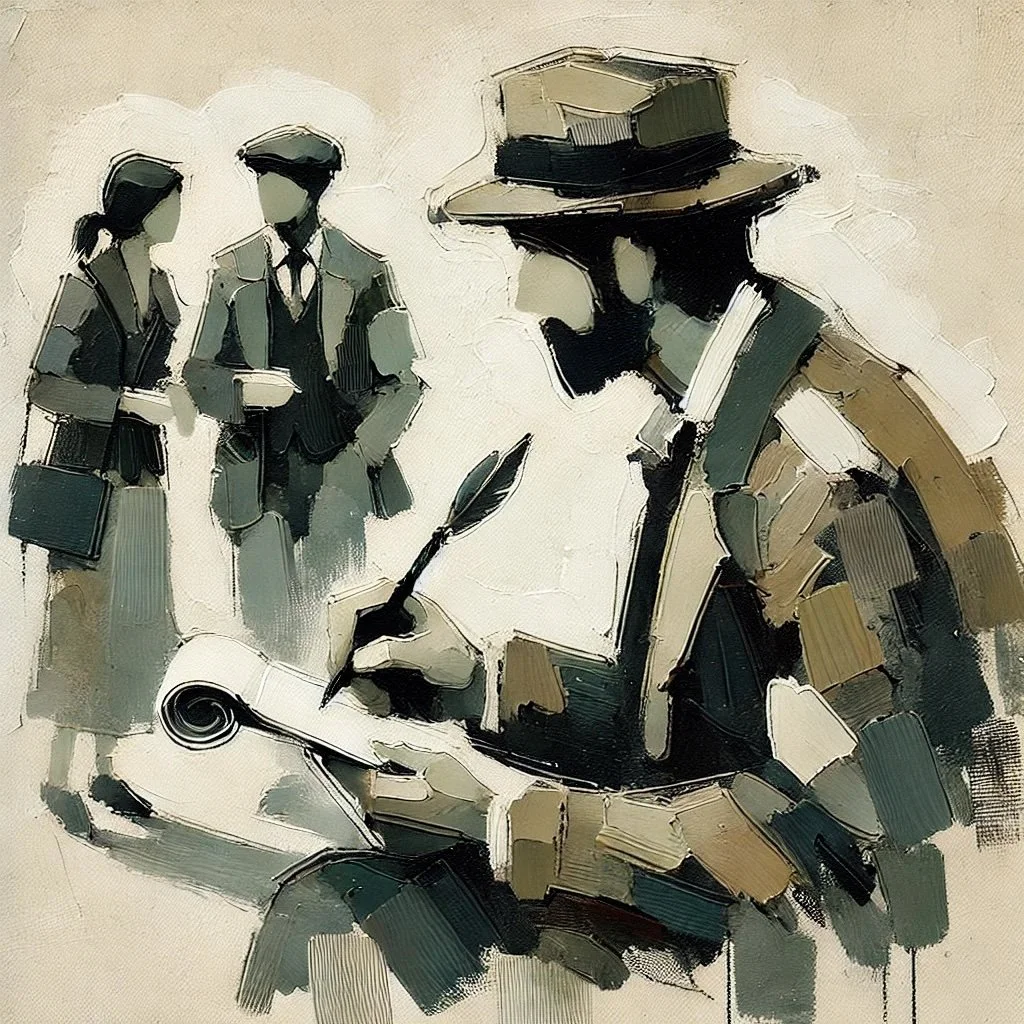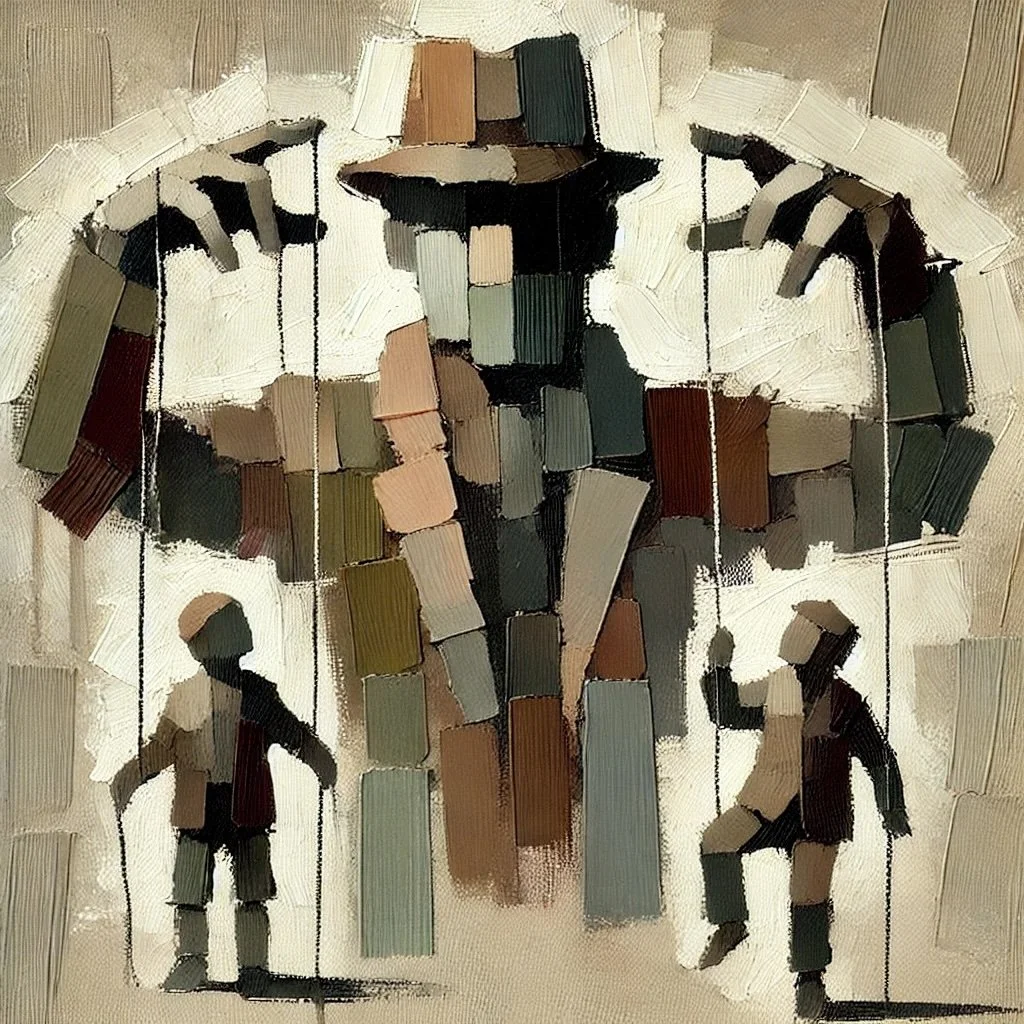
Welcome to our informational blog.
Topics covered include literary theory and practice, academic writing techniques, philosophy of education, and explanations of our methods for enhancing creative intelligence.
Literary Monsters: Myth to Modern Fiction
Monsters in literature are far more than mere creatures of terror. They are multifaceted symbols that have been used by writers throughout history to engage with the deepest fears and desires of human society. Book writing coaching can be an invaluable resource for authors seeking to fully develop the potential of their literary monsters.
Crossing Creative Boundaries: Inspiration from Film, Painting, and Collage
An online creative writing coach can play a crucial role in helping writers apply aspects of other art mediums, such as film, painting, photography, and collage, to their work. Incorporating techniques from these art forms into writing encourages a multidisciplinary approach to creativity, allowing writers to think beyond words on a page and to consider their craft as a multi-sensory experience.
Unreliable Narrators and Synesthesia: Nabokov's "Pale Fire"
In Pale Fire, Nabokov masterfully plays with narrative form and language to create a work that is both intellectually challenging and aesthetically captivating. A one-on-one writing coach can be an invaluable resource for a writer interested in experimenting with techniques like those employed by Vladimir Nabokov, such as unconventional narrative structures, unreliable narrators, and synesthetic descriptions.
Epic Foundations: Building Stronger Novels with Lessons from Classic Poetry
By focusing on specific aspects of epic poetry, tutors can illuminate how these ancient texts achieve their effects, and then help novelists incorporate similar strategies into their own writing.
Reevaluating the Literary Canon with Postcolonial Criticism
By exploring how literature reflects and resists the legacy of colonial rule, postcolonial criticism reveals the complex power dynamics and cultural representations embedded in texts. For high school students, navigating this complex framework can be challenging, but with the guidance of a writing tutor, they can develop a deeper understanding and more effectively apply postcolonial perspectives in their essays.
David Markson's Postmodern Legacy
Markson's innovative techniques, particularly his use of aphorisms, quotations, and allusions, have left a lasting impact on literature, pushing the limits of what a novel can be. For writers interested in exploring these techniques, a novel writing coach well-versed in Markson's methods can provide essential guidance, helping them navigate the complexities of this narrative style while maintaining coherence and depth.
Fernando Pessoa’s Heteronyms: A Blueprint for Creative Experimentation
A book writing coach can play a crucial role in helping an author experiment with new forms of expression, much like Fernando Pessoa did with his heteronyms. By providing personalized guidance and support, a coach can encourage an author to explore different voices, perspectives, and stylistic approaches, thereby expanding their creative range.
The Legacy of Tennessee Williams: Practical Tips for Modern Writers
Tennessee Williams' legacy lies in his fearless exploration of human vulnerability and his ability to bring taboo subjects to light with empathy and artistry. His plays continue to resonate with audiences for their unflinching honesty and profound emotional depth, solidifying his place as a cornerstone of American theater. Contemporary writers can glean numerous insights from Tennessee Williams' work, especially when guided by a one-on-one writing coach.
Cervantes' Way: Studying "Don Quixote" with a Writing Tutor
This novel's innovative narrative structure, complex character development, use of satire, and exploration of profound themes marked a significant departure from previous literary works and have influenced countless writers since its publication. Studying "Don Quixote" with a reading and writing tutor can provide writers with valuable lessons in these areas, enhancing their own writing craft.
Ancient Roots, Modern Voices: The Resilience of Oral Storytelling in Contemporary Media
This article explores the enduring nature of oral storytelling, its evolution into modern mediums like spoken word poetry, podcasts, and live storytelling events, and how finding a writing coach can help writers explore these forms.
What Beckett Read
By examining Beckett's reading habits, we gain valuable insights into the importance of diverse reading for good writing. An author coach can help writers prioritize and diversify their reading so that they can explore new ways of expressing themselves.
The Voice of the Multitude: Polyphonic Narration in Fiction
A novel writing coach can be an invaluable asset for writers tackling the complexities of polyphonic narration. This narrative technique, with its multiple voices and perspectives, demands a high level of skill and organization. A coach can provide guidance, feedback, and strategies to help writers effectively manage these challenges.
Fragments and Mutations: DeLillo and Cronenberg
A careful study of Don DeLillo's and David Cronenberg's work under the guidance of a creative writing coach can be immensely beneficial for authors seeking to explore the intersection between the technological and the human. This process can inspire new narrative techniques, thematic explorations, and stylistic innovations, fostering a deeper understanding of how to effectively address complex contemporary issues in their writing.
Brevity and Wit: What Aphorisms Teach Us
Aphorisms are a powerful literary form that condenses complex truths into brief, memorable statements. A reading and writing tutor near you can effectively use the tight constraints of the aphoristic form to enhance a student's writing skills. The aphoristic form's emphasis on brevity, clarity, and wit can serve as a practical tool in teaching the art of concise and impactful writing.
Literary Ciphers: How Authors Use Codes to Enhance Narrative Tension
Codes and ciphers offer both an intellectual challenge and narrative intrigue. As a literary device, their ability to conceal and reveal information makes them invaluable in constructing suspenseful plots. A creative writing consultant can be instrumental in helping an author effectively incorporate codes or ciphers into their work.
Natural Speech: A Guide to Authentic Dialogue
Writers must balance naturalism with narrative needs, create distinct voices for their characters, and ensure emotional and contextual accuracy. A manuscript consultation with a freelance writing consultant can be highly beneficial for novelists seeking to address challenges related to crafting believable dialogue.
Psychological Realism: Coaching Introspective Fiction
A book writing coach near you can employ several strategies to help you master the core techniques of psychological realism. By focusing on character development, narrative techniques, and thematic depth, a coach can guide writers in creating compelling and psychologically rich narratives.
Nature and Belonging: The Work of Mary Oliver
Mary Oliver's poetry continues to inspire and influence poets and readers alike. A personal writing coach can be instrumental in helping clients who are interested in her work to incorporate her techniques into their own writing, particularly when exploring themes of nature and spirituality.
Tolstoy and Dostoevsky: Coaching Tips from Russian Literature
Fyodor Dostoevsky and Leo Tolstoy made lasting contributions to Russian literature through their exploration of the human condition, but they did so with distinct techniques and thematic focuses. A novel writing coach can be instrumental in helping both first-time and established authors channel the voices of these writers in their own work.
Metafiction: Experimental Narratives with a Creative Writing Consultant
A creative writing consultant can provide invaluable assistance to a novelist looking to explore metafictional elements in their work. This begins by introducing the novelist to the theoretical underpinnings of this genre.





















